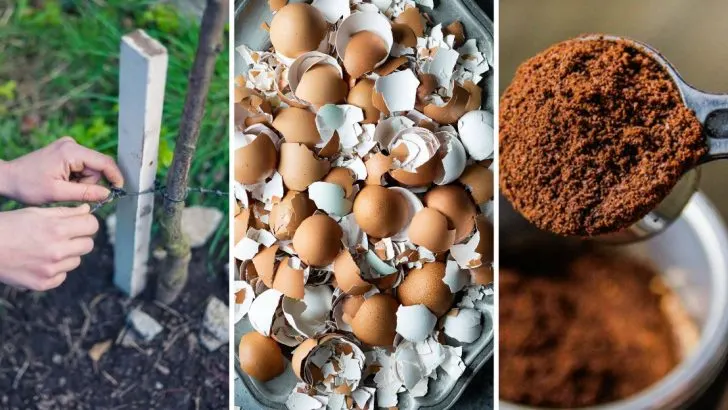Grandma always seemed to have a green thumb, effortlessly growing lush gardens full of healthy vegetables, vibrant flowers, and thriving plants.
Her secret? Timeless techniques rooted in experience, patience, and a deep connection to nature. Even in today’s world of high-tech gardening gadgets, many of her methods still stand the test of time. In this article, we’ll uncover 11 tried-and-true gardening tips from Grandma that can still work wonders in your garden.
From smart planting techniques to natural pest control methods, these pearls of wisdom are as effective as ever.
Companion Planting
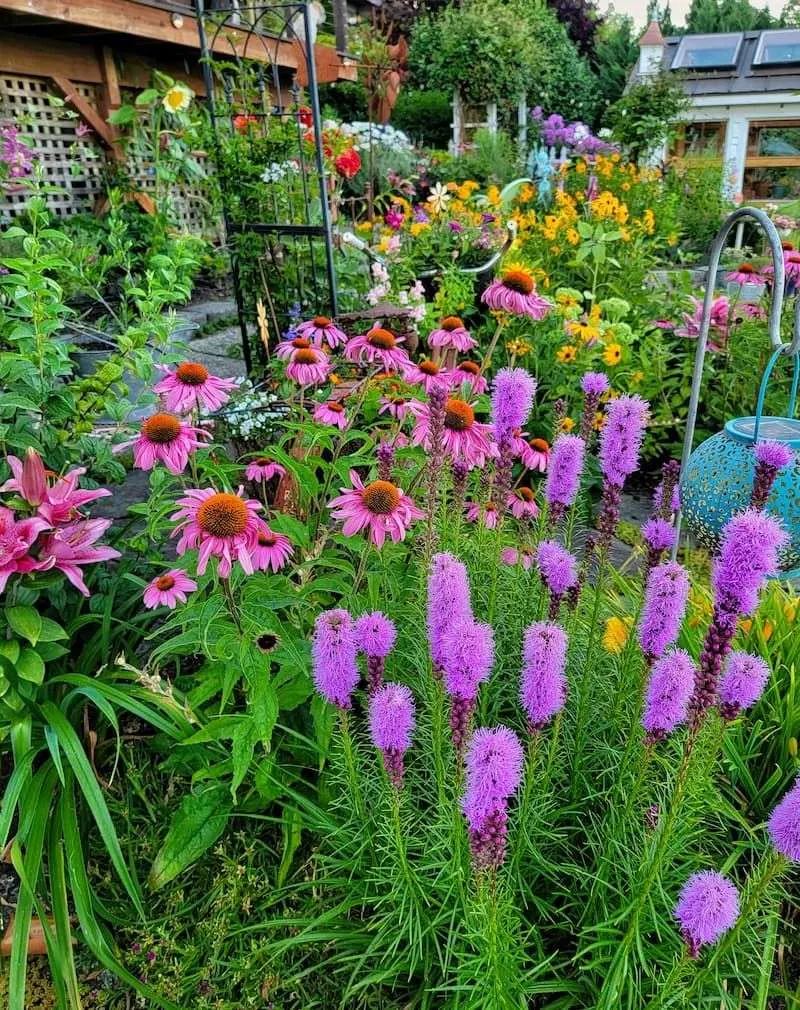
Grandma knew that placing certain plants near each other can enhance growth, deter pests, and improve flavor. Marigolds, for example, protect tomatoes by repelling nematodes. Planting garlic near roses can ward off aphids.
This method leverages the natural properties of plants to create a healthier garden ecosystem. It encourages biodiversity and reduces the need for chemical interventions.
By understanding plant relationships, you can create a thriving environment that supports mutual growth and health. Experiment with different combinations to discover what works best in your garden.
Eggshell Fertilizer

Crushed eggshells offer a natural source of calcium, essential for plant growth. Sprinkle them around tomatoes, peppers, and eggplants to prevent blossom end rot.
Eggshells decompose slowly, releasing nutrients over time. This slow-release mechanism supports sustained plant health.
Incorporating eggshells into your routine is simple and environmentally friendly, reducing waste while enriching soil. Make it a habit to save and crush used eggshells, adding them to your compost or directly to the garden.
Rainwater Collection
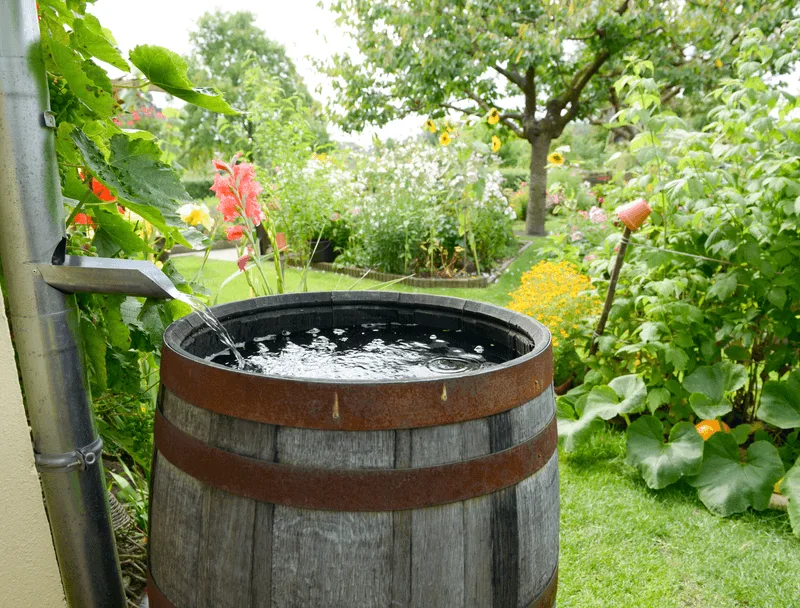
Collecting rainwater is an eco-friendly way to water plants, reducing reliance on municipal sources. Use a rain barrel to gather water from roof runoff, ensuring it’s free of contaminants.
This method conserves resources and provides plants with naturally soft water, which they prefer.
Consider setting up a simple system to catch and store rainwater for dry spells. Regularly use this supply to nurture your garden, contributing to both sustainability and robust plant growth.
Natural Pest Control
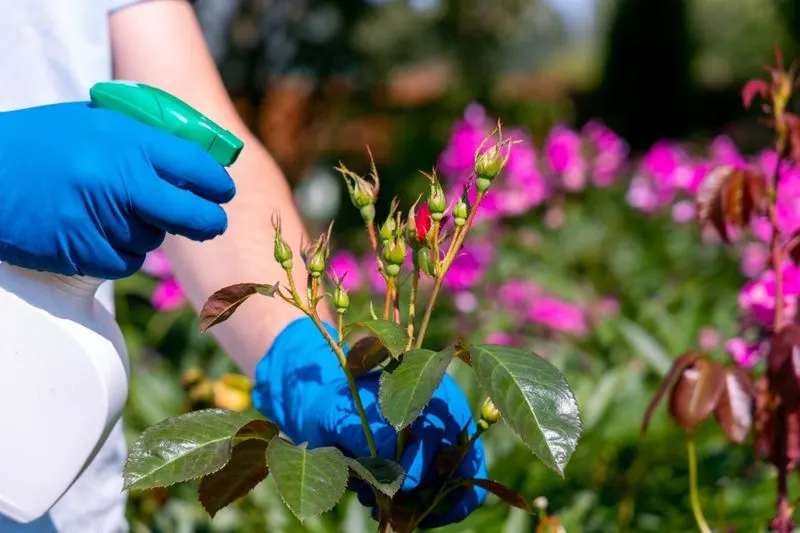
Embracing natural pest control methods can maintain a balanced garden ecosystem. Invite beneficial insects like ladybugs, which consume aphids, by planting dill and fennel.
Herbal sprays made from garlic or neem oil can deter unwanted pests without harmful chemicals.
Encourage biodiversity by incorporating a variety of plants to attract helpful predators and pollinators. This approach reduces dependency on pesticides, preserving the health of your garden and the surrounding environment.
Compost Tea
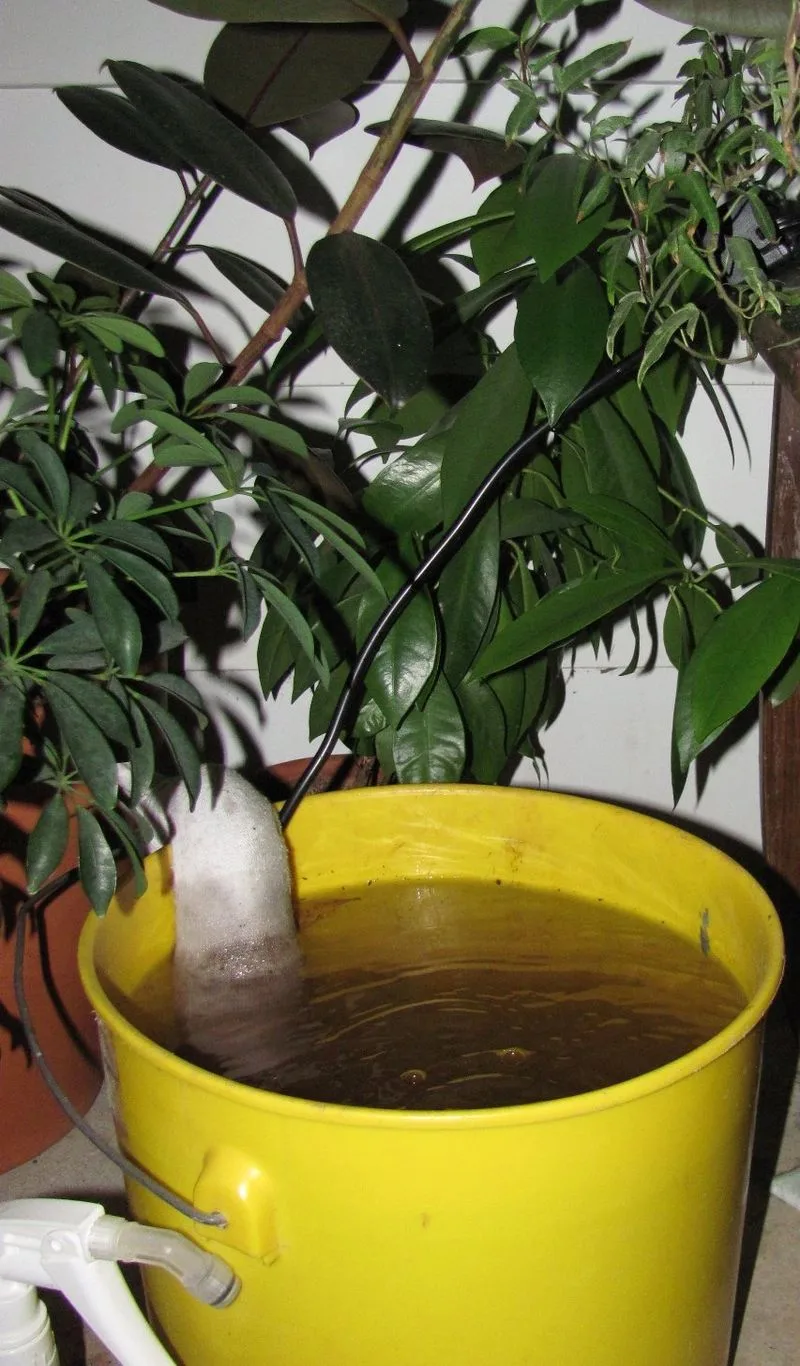
Compost tea acts as a liquid fertilizer, boosting plant health and growth. Brew by steeping compost in water, creating a nutrient-rich solution.
Apply it to plant roots or as a foliar spray to enhance nutrient intake. This method supports soil vitality and promotes vibrant plant life.
Regularly using compost tea can lead to lusher blooms and stronger plants. It’s an environmentally friendly alternative to synthetic fertilizers, enriching your garden naturally.
Mulching Magic
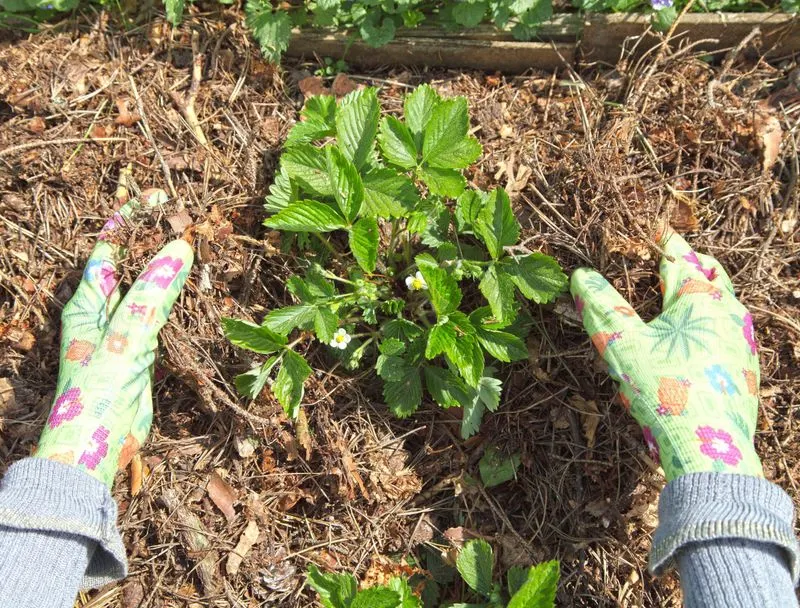
A thick layer of mulch around plants helps retain moisture, suppress weeds, and regulate soil temperature. Organic mulches like straw or wood chips decompose over time, enriching the soil.
This practice reduces the need for frequent watering and keeps your garden tidy. Choose mulch that complements your garden’s aesthetics and needs.
By maintaining consistent soil moisture, you’ll nurture plant roots and promote healthy growth. Mulching is an easy, effective way to enhance garden vitality.
Staking for Support
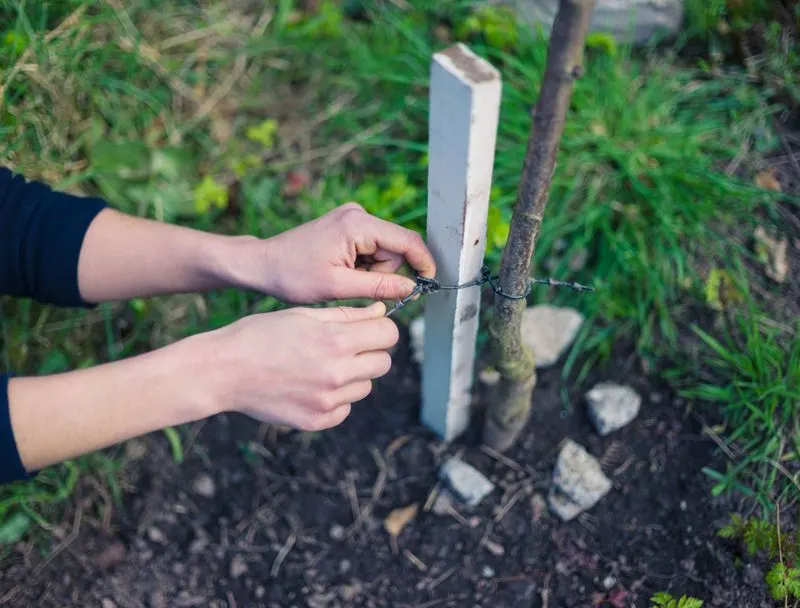
Supporting tall plants with stakes prevents damage from wind and rain. Secure tomatoes, beans, and peas with stakes or trellises to ensure upright growth.
This technique minimizes stress on plants, allowing them to focus energy on fruit production.
Regularly check and adjust ties to accommodate growth. Using natural materials for stakes blends seamlessly into garden aesthetics, while providing essential support.
Coffee Grounds Boost
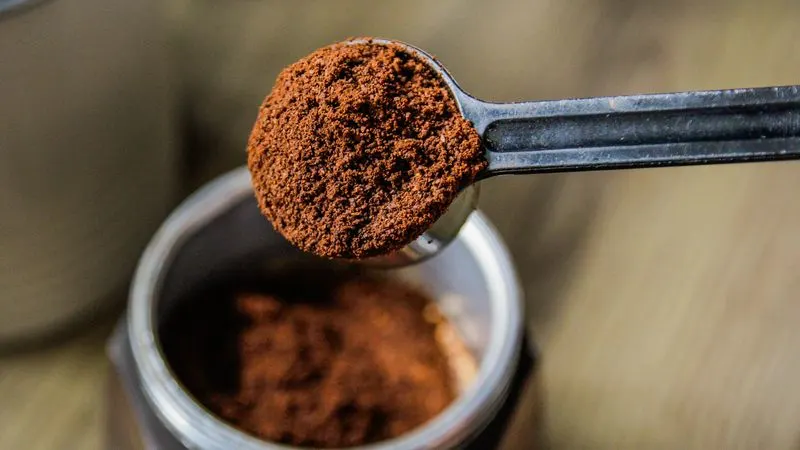
Used coffee grounds enrich soil with nitrogen, an essential nutrient for plant growth. Scatter them around acid-loving plants like roses and blueberries.
This practice improves soil structure and attracts earthworms, which enhance soil aeration.
Coffee grounds also act as a mild pest deterrent. Incorporate them into compost or directly to the soil, reaping the benefits of this natural fertilizer. It’s a sustainable way to recycle waste and feed your garden.
Succession Planting
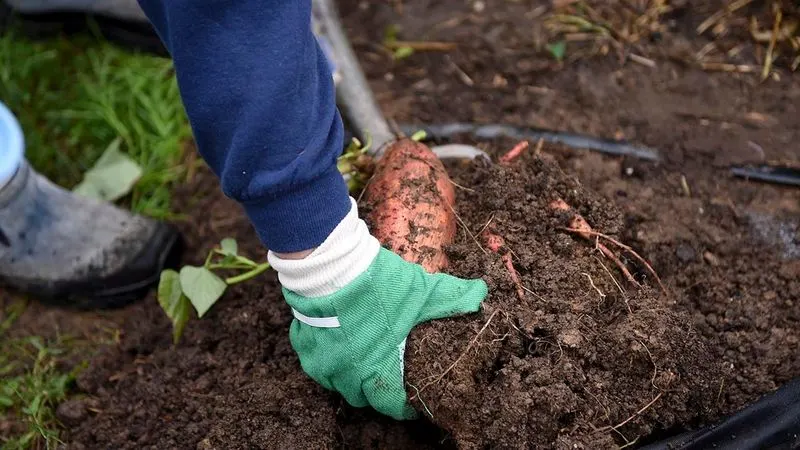
This strategy involves planting crops in overlapping cycles to maximize yield. Start with fast-growing plants like lettuce, followed by carrots or radishes.
By staggering planting times, you ensure a continuous harvest, optimizing space and resources. This method extends the growing season and keeps your garden productive.
Experiment with various planting schedules to suit your climate and preferences. Succession planting offers a rewarding way to make the most of your garden.
Seed Saving Traditions
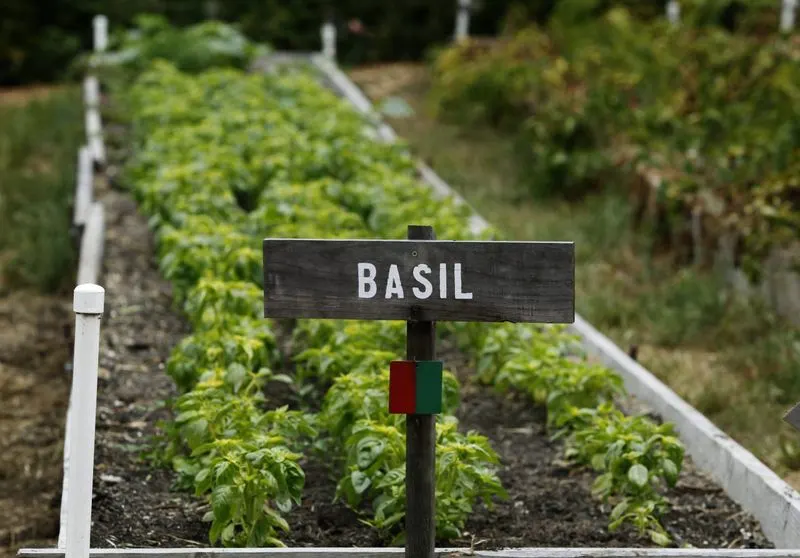
Preserving seeds from your best plants ensures quality stock for future gardening. Carefully select and dry seeds, storing them in labeled envelopes away from humidity.
This practice promotes self-sufficiency and adaptation to local conditions. By saving seeds, you’re continuing a time-honored tradition that supports biodiversity.
Engage in seed swapping with fellow gardeners to diversify your collection. Through seed saving, you contribute to a resilient gardening culture.
Epsom Salt Secret
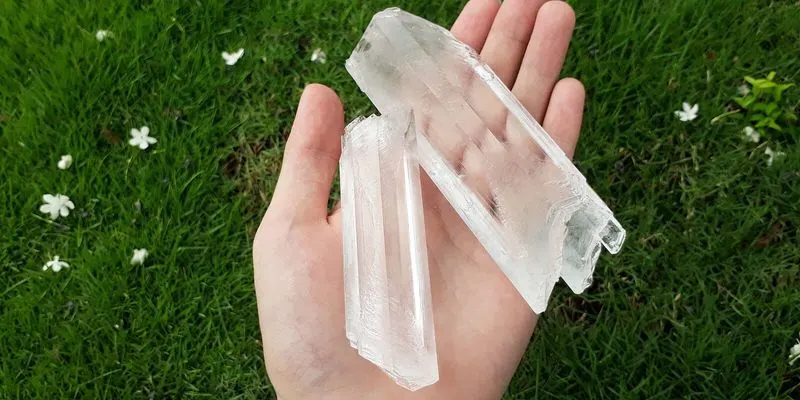
Epsom salt, rich in magnesium, enhances plant growth and greening. Dissolve in water and use as a foliar spray or soil drench for tomatoes and peppers.
The magnesium boost aids in chlorophyll production, fostering lusher foliage and improved flowering.
Regular application can correct minor deficiencies, leading to healthier plants. Accessible and easy to use, Epsom salt remains a trusted remedy in Grandma’s gardening arsenal.

